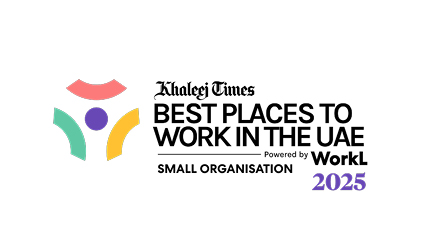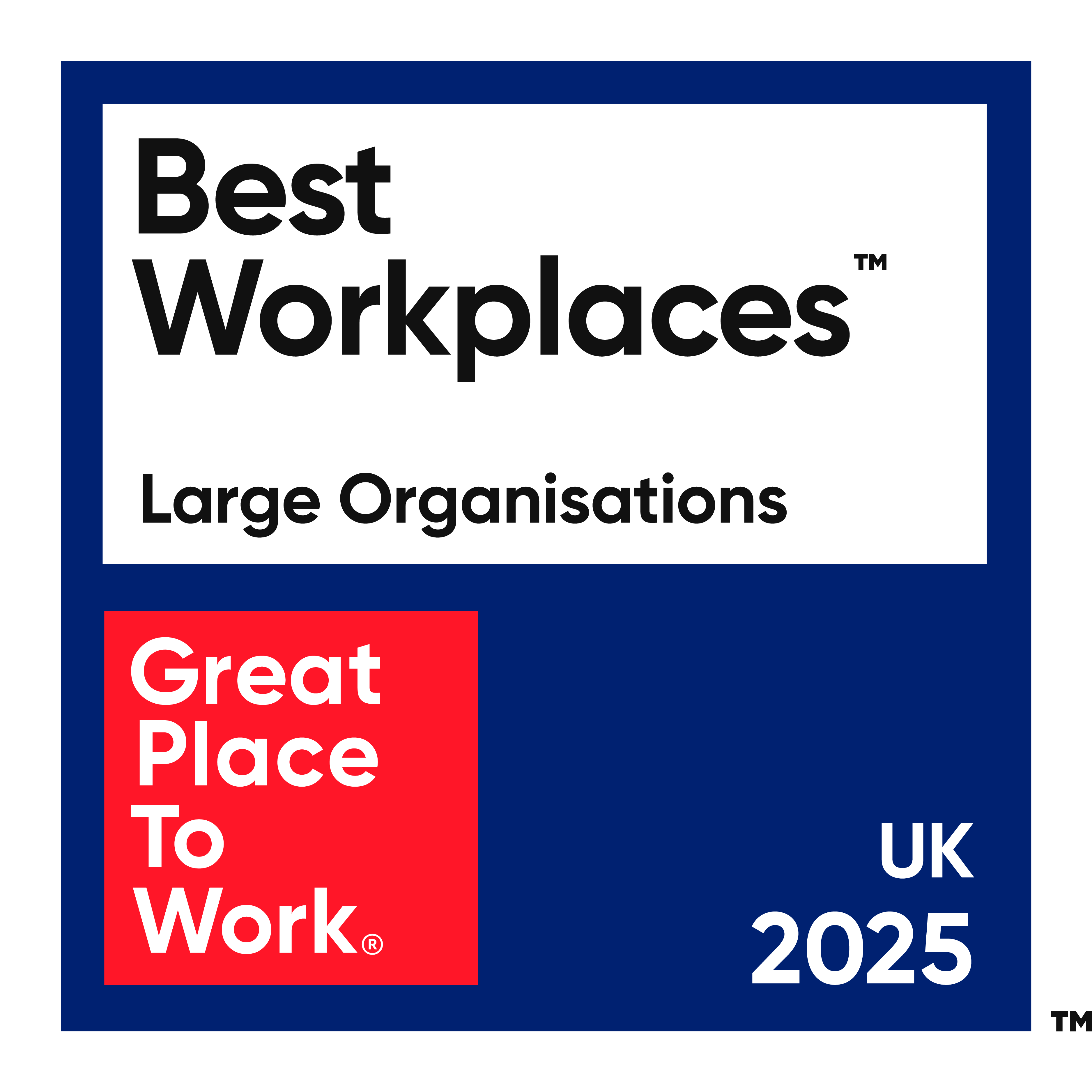The Path to Mental Freedom: Supporting Mental Health in the Workplace

In a demanding world, mental health has emerged as a crucial aspect of overall well-being. As we strive to achieve our professional goals, it’s more important than ever to recognise the significance of mental health within the workplace. But can fostering a mentally healthy environment impact employee well-being and productivity?
Creating a Supportive Culture
Businesses that prioritise mental health create a positive and inclusive culture that promotes employee well-being. By openly acknowledging the challenges people face, organisations can provide structured, tailored support systems for individuals. It all begins with the destigmatisation of mental health and encouraging open conversations across the business. When people feel safe discussing their struggles, it creates a sense of community, empathy and support.
Mental Health Programmes
Employers can play a pivotal role in supporting mental health by offering comprehensive programmes and resources. Initiatives such as mental health awareness campaigns and access to mental health facilitators can contribute to overall well-being. During Mental Health Awareness Week, Aventum hosted a series of workshops and events, including;
Mindful Monday
The opportunity to speak with one of our Mental Health First Aiders, both in the office or online.
Talk Tuesday
Breakfast in the boardroom to join Aventum Performance Coach, Steve Desborough, to discuss the role of Mental Health in all areas of our lives.
Walk Wednesday
All employees across the business were encouraged to go for a walk at lunchtime to get away from their desks and clear their minds.
Therapeutic Thursday
A bookable, complimentary massage with Walk-In Backrub.
Fitness Friday
Join Aventum Personal Trainer, Ana Rosas to learn simple exercises to get your body moving at work.
1/6
Flexible Working Arrangements
Recognising that everyone’s mental health needs are different, offering a flexible working arrangement can be instrumental in promoting a healthy work-life balance. Providing options for remote work, flexible hours and time off policies enables employees to manage their personal and professional responsibilities more effectively. By accommodating individual needs, employers empower their workforce to take time for themselves, which can help to reduce stress levels.
Work-Life Integration
Encouraging regular breaks and getting away from the desk sounds simple but can have a significant impact on well-being. Emphasising the importance of disconnecting from work during non-working hours can also help people to achieve a healthier work-life integration. Implementing strategies to prevent burnout, such as workload management, can ensure people feel valued and supported.
By creating a mentally healthy environment, employers empower their workforce to flourish. As a result, productivity improves and job satisfaction increases. Mental health awareness is a shared responsibility that requires collective effort and it begins with open discussions.
For more on how embracing mental health as a vital component of workplace well-being can create a happier workforce, watch our short video by Performance Coach Steve Desborough.
Latest articles
We never stand still, and are constantly looking for new ways to grow and improve how we do business. Read the latest about what we are doing here.
Discover more-

11.02.2026
National Apprenticeship Week 2026: Alfie Merrison - Finding His Feet
Before we talk about where Alfie Merrison started, let us take a moment to look at where he is now.
Read more -

06.02.2026
National Apprenticeship Week 2026: A Leadership Turning Point
When people think about apprenticeships, they often picture early careers. But for Jeff Uden, Global Head of Performance and Attraction at Aventum Group, completing an apprenticeship later in his career became something much more significant, reshaping how he leads, listens and builds culture.
Read more -

28.01.2026
Aventum Group Brand Rokstone Celebrated as One of the Best Places to Work in the UAE
For many, a workplace is just a place to clock in and out. At Rokstone, it’s different. From day one, people are trusted, challenged and given the space to make a real impact - and that ethos has been recognised.
Read more







